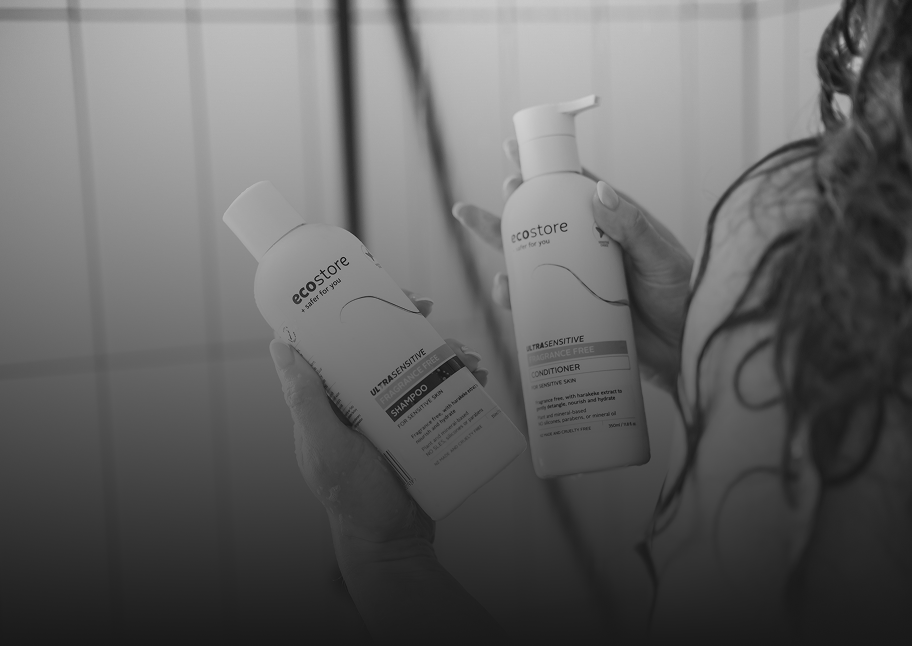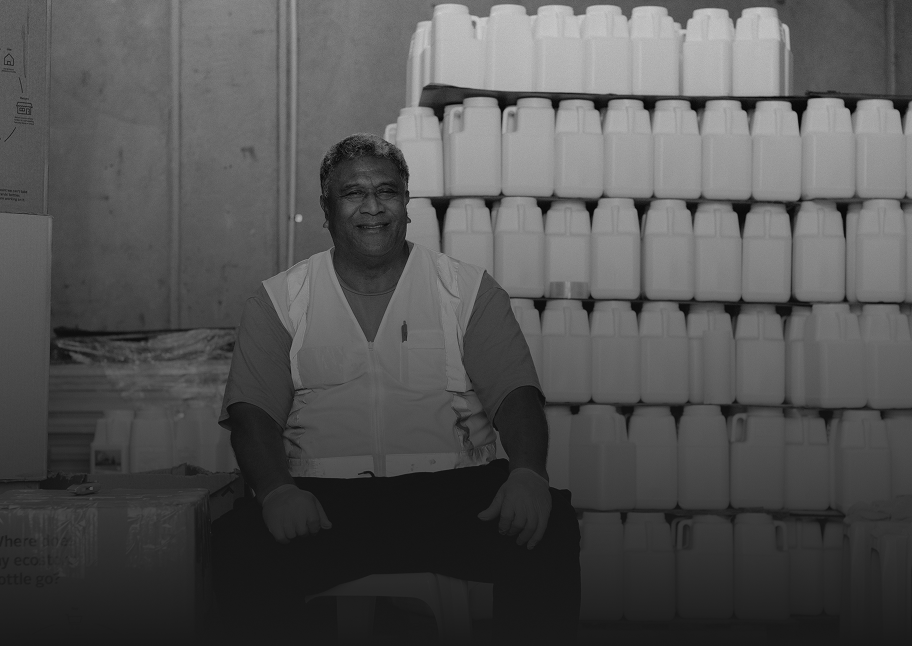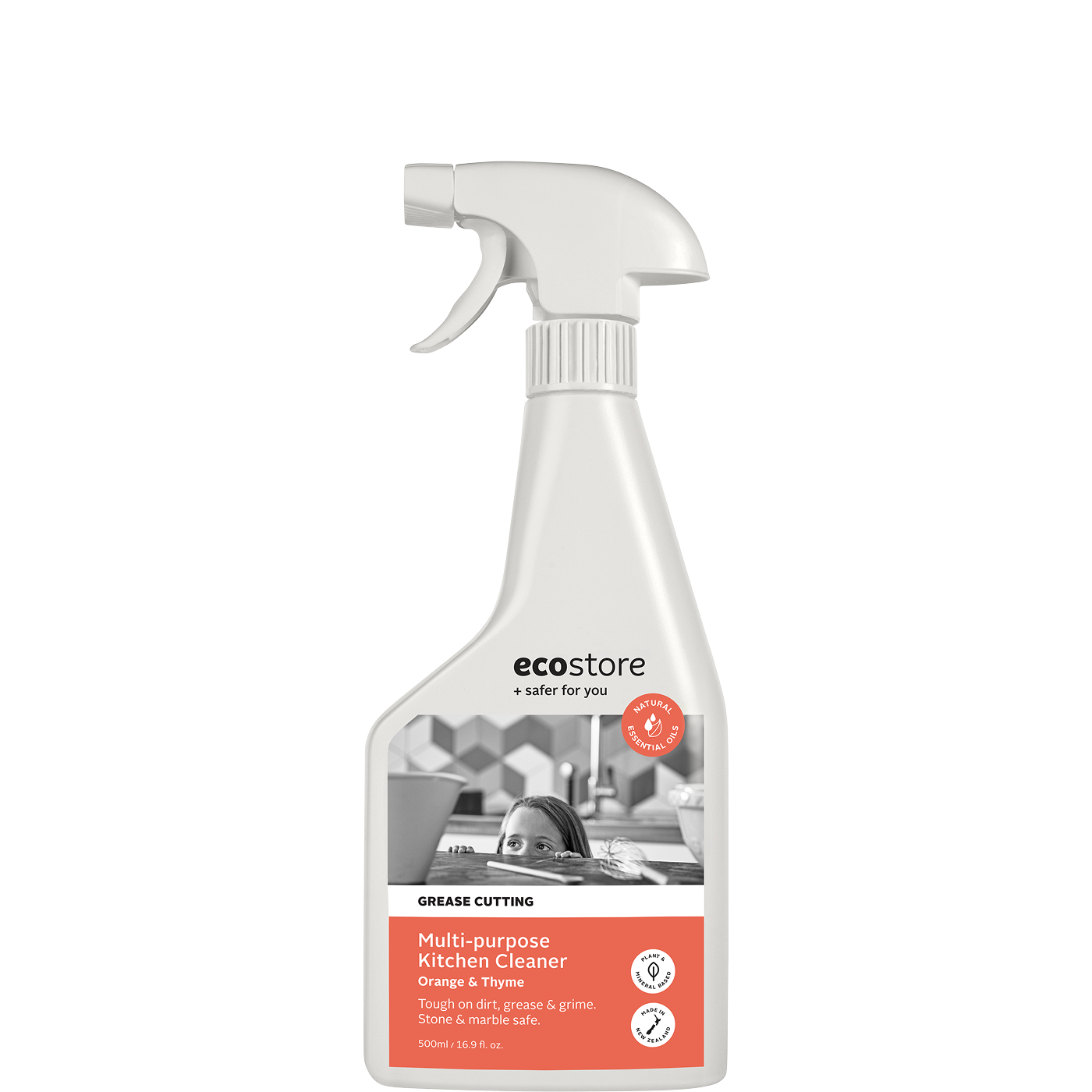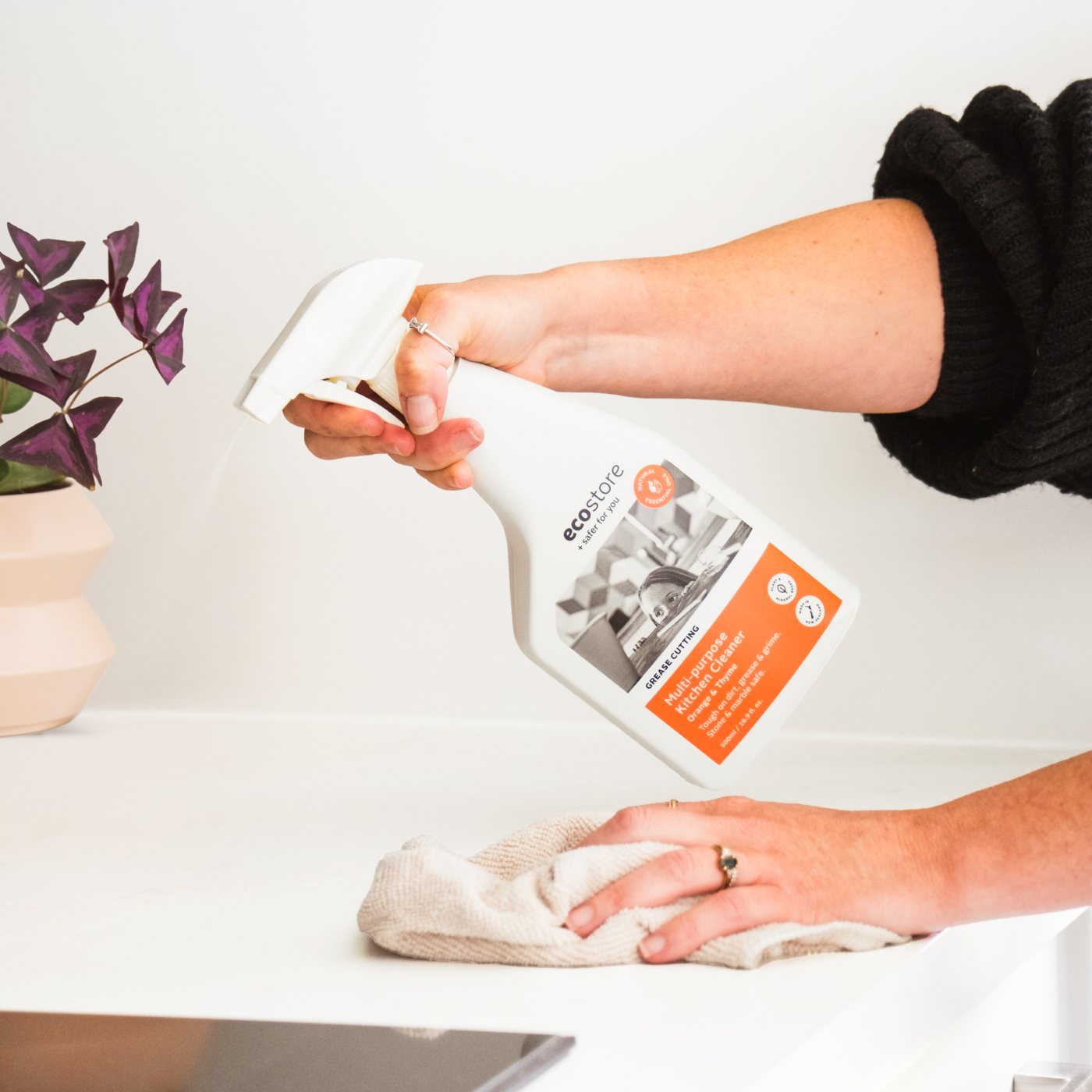The fourth trimester has come to an end and our little baby is starting to be aware of their surroundings. You've been focusing on establishing healthy sleep patterns. And now their wake cycles are stretching so playtime becomes more of a norm than just a few minutes here and there.
Where do we start? Let's go with tummy time, as with todays' recommendation of back sleeping our babies, we seem to be much slower to put them on their tummy on the floor.
Tummy time plays a very important role in the strengthening of baby's neck and upper back muscles. Some researchers say that it also gives babies a mental boost and encourages them to develop motor skills and aids in their social development. It's rather like the increased mental wellbeing adults feel as a result of physical exercise.
Tummy time is the perfect way for babies to explore their new surroundings. As well as gaining knowledge, it also teaches them gross motor skills such as lifting and moving their head from side to side, something which can only be learnt through this practice.
At the same time as they're learning to lift their heads, babies are also developing the skill of stretching and reaching. And as they grow this is the exact position from which they will learn to crawl. As they say 'practice makes perfect' so it's crucial that your baby develops this skill so that strength develops in the neck and shoulder muscles responsible for lifting their head. Without it, delayed progression in other motor skills such as sitting, crawling and walking may occur.
If your baby dislikes tummy time, include it instead within your daily routine of bathing, drying and dressing baby. This way some form of tummy time is guaranteed until they build up to their floor time.
Below are some more tips on encouraging tummy time for baby (they do involve you and/or the caregiver getting down on the floor and having fun). Here are some of my favourites:
- Place a mirror on the floor in front of their face - this encourages babies to lift their heads and look at ‘baby in the mirror'.
- Board books placed in front of their face - this again encourages babies to lift their heads and look at the book. In the early days, books with simple bold black and white images worked best for triggering interest.
- Musical toys in the same position as the mirror and board books - babies will lift their heads to listen and look at the musical toy.
- A person lying in front of them face to face - you can sing or talk to them and again your little one will lift their head to gaze into your eyes.
Other play time activities can either be done on your lap or on the floor. Some options for these activities include:
- Action singing songs e.g. Twinkle, twinkle little star, I'm a little teapot etc.
- When baby is having back time on the floor, a great entertainment is balloons. You can just use one or you can tie one of each ankle and wrist and sit back and watch baby having a balloon party.
- The arch play mats are great as well but if they are not in your budget it is easy to made fun homemade ones and you can hang pieces of different types of fabric for touch and also toys that make different noises.
I also encourage parents to show baby how to roll from back to tummy and tummy to back. I recommend that you practise this on both the floor and in a cot, as when baby starts to roll in the cot, they sometimes have no idea how to roll back and the cot mattress is a different feeling from the floor.
Babies love to mimic and what fun it is when they start watching very closely your facial expressions and try and copy you. Peek-a-boo is another game that this age group loves. Remember when talking to baby listen to their talking back - it's important to acknowledge their coos and noises. It is their first introduction to conversation.
This age is also a good time to start reading books to baby, but keep the words simple - its more about looking at pictures and putting a name to that rather than a whole book.
Playtime, whether on the floor on their backs, on their tummy, on your knee, just hanging out on their own or with entertainment - is all part of their developmental milestones.
It's important to remember that because babies are individuals they will do things in their own time. As a parent or caregiver your job is to provide the three E's - encourage, encourage and encourage, and let baby do the rest.
-----
Dorothy Waide is a Karitane nurse and a leading sleep consultant who has almost 30 years' baby nursing and sleep-settling experience in homes in New Zealand and abroad. Her consultancy BabyHelp is dedicated to teaching new mums everyday parenting skills and ‘mothercraft' - find it on Facebook here. She has also released the book You Simply Can't Spoil a Newborn - a guide to nurturing your baby in their first three months.
Read more

If you want to build strength and stability in the body, then it is important to move in functional, efficient ways. Prioritising technique and form will train the neural pathways' to turn on' and ...

If you want to build strength and stability in the body, then it is important to move in functional, efficient ways. Prioritising technique and form will train the neural pathways' to turn on' and ...






